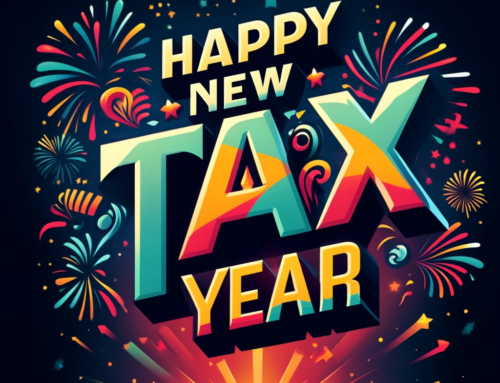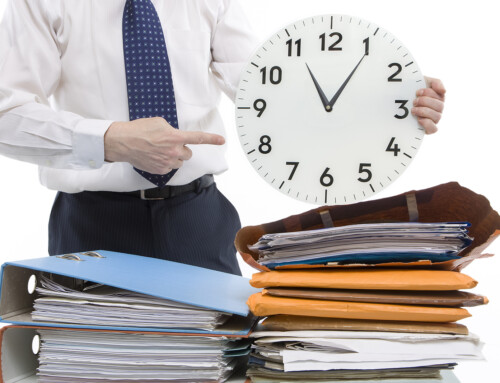
The standard advice from accountants, for many years, has been for Directors to pay themselves a salary and shareholders to take dividends. Often in small companies, the Directors and Shareholders are the same people. This approach minimises the tax liability because dividends are taxed, or have been in the past, at a much lower rate than salary.
In recent times the rate at which dividends have been taxed has been increasing so whilst it is still beneficial to use this method of extracting funds the gap is closing.
Additional issues that this method of extracting funds could cause include:
Not Getting the Paper Work Right
If you don’t have the correct paperwork to support your dividend payments then dividends could be treated by HMRC as something other than a dividend, such as a loan or a salary and you could lose the tax advantage that a dividend brings.
Keep it in Proportion
Dividends must be taken in proportion of the shareholding so if you own 75% of the shares then you must receive 75% of the dividends. If you don’t HMRC could see this as an artificial arrangement.
Don’t be tempted to use dividends waivers (where one shareholder waives there right to dividends) this increase the risk of HMRC deeming dividend to be artificial.
Low-Profit Warning
A major issue can happen when there is a downturn in business and your dividends policy doesn’t react this is because the dividends can only be taken from profit. If you continue to take high dividends when profit drops when you are not entitled to them then there will be a higher tax charge.
In addition, if it can be proved you took these dividends when the company was in financial difficulty and the company doesn’t survive then the dividends will be treated as a loan and will have to be repaid to the company.
How we can help.
Checking and monitoring our client’s dividends is included in all of our service levels as part of our standard fee. If you are not a client and want some help with this, please give us a call on 01622 671835






